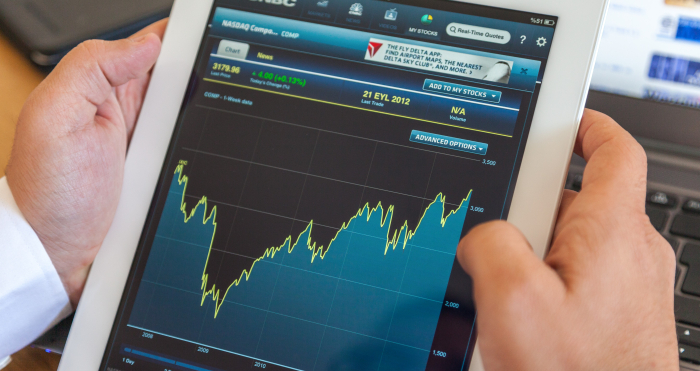Foreign brokerage companies have dominated the list of short sellers in South Korean stock markets since
the short-selling ban was lifted on large-cap stocks last May, data from the Korea Exchange shows.
Four unidentified foreign brokerage houses accounted for 62% of the total amount of selling of borrowed stocks, backing up the claim by retail investors that a handful of foreign brokerage houses took the bulk of short selling in the country.
The four brokerage houses' short-selling amounted to 41.2 trillion won ($35 billion) in both Kospi and Kosdaq markets between May and Oct. 18. In particular, an unnamed foreign brokerage firm made up 37% of the aggregate short selling, totaling 24 trillion won in both stock markets.
It was the first time for the stock exchange to split out the amount of short selling by brokerage. The data was released by a member of parliament of the main opposition Uri Future Party, Yun Chang-hyun.
Yun, a conservative economist, asked the Korea Exchange to break down stocks sold short by brokerage and the Exchange compiled the data on conditions of not identifying them because of the sensitivity of the matter.
South Korea had placed a short-selling ban on all listed companies from mid-March of last year to mitigate the pandemic-induced market volatility. Last May, the government lifted the ban on large-cap stocks on both Kospi and Kosdaq, despite strong opposition from retail investors. Short sellers borrow shares from a broker and immediately sell them on expectations that the stock price will fall.
The amount of short selling between March and Oct. 18, 2021:
| Foreign brokerage house |
On Kospi (% of total short selling) |
Foreign brokerage house |
On Kosdaq (% of total short selling) |
| A |
18.9 trillion won (38%) |
A |
5.3 trillion won (33%) |
| B |
5.4 trillion won |
B |
1.5 trillion won |
| C |
4.2 trillion won |
C |
1.4 trillion won |
| D |
3.8 trillion won |
|
|
| Source: Yun Chang-hyun office |
Stock market analysts attributed the heavy short selling by foreign brokerage companies to their trading strategies, in which they typically chase both long and short positions aggressively. By comparison, domestic institutions mainly hold long positions, excluding some hedge funds.
Domestic brokerage companies ranked sixth to tenth on the short-selling list. Their short selling amounted to 1.5 trillion-1.9 trillion won on Kospi, respectively.
THE MOST SHORTED STOCKSThe main targets of short-sellers were electric and electronics companies, rechargable battery makers and bio companies.
Samsung Electronics was the most short-sold stock during the period by the top three foreign brokerage companies. Kakao Corp., shipping company HMM Co. and LG Display Co. came next.
On Kosdaq, their targets high on the list include EcoPro BM Co., a producer of cathode materials for use in batteries; Seegene Inc., South Korea's No. 2 diagnostic reagent maker; Celltrion Healthcare Co.; Celltrion Pharm Inc. and LX Semicon Co.
Write to Eui-Myung Park at
uimyung@hankyung.comYeonhee Kim edited this article



